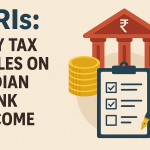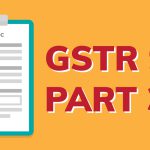Blog Post

Posted on July 4, 2025

The Securities and Exchange Board of India (SEBI) has introduced revised disclosure rules for related-party transactions (RPTs) that have sparked a split in opinion among market participants and stakeholders. These rules, effective from September 1, 2025, require all listed entities to provide comprehensive and standardized information to their audit committees and shareholders before seeking approval for RPTs.
Key Features of the Revised Rules:
Divergent Opinions:
Context and Rationale:
SEBI’s move follows concerns that earlier disclosure requirements were insufficient, particularly given the complexity and innovative structuring of many RPTs. The revised standards were developed in consultation with major industry bodies (ASSOCHAM, FICCI, CII) and aim to align India’s corporate governance practices with global best practices.
Conclusion:
While SEBI’s revised RPT disclosure rules are widely seen as a step forward in strengthening corporate governance and protecting minority shareholders, the increased compliance demands and operational challenges have led to a split in opinion among market participants. The ultimate impact will depend on how effectively companies adapt to the new standards and how SEBI addresses implementation concerns raised by the industry.
Ref: SEBI Introduces New Disclosure Rules for Related Party Transaction Approvals
308 Views 0 comments
GST to Change the Face of Warehousing

Cases when ITC is not available under GST

GSTR 9C – Part II

GST Audit/Reconciliation and Certification (Form GSTR-9C)

Taxation of Indian Bank Account Income for NRIs: Key Rules and Guidelines

Taxation: History of Goods and Service Tax for India

GSTR 9C – Part III

Aten Papers & Foam IPO Day 1: Check subscription status and other details

Brookfield-Backed CleanMax Set for ₹4,000–5,000 Crore Confidential IPO

How your small pie of Tax builds the entire nation.
Comments